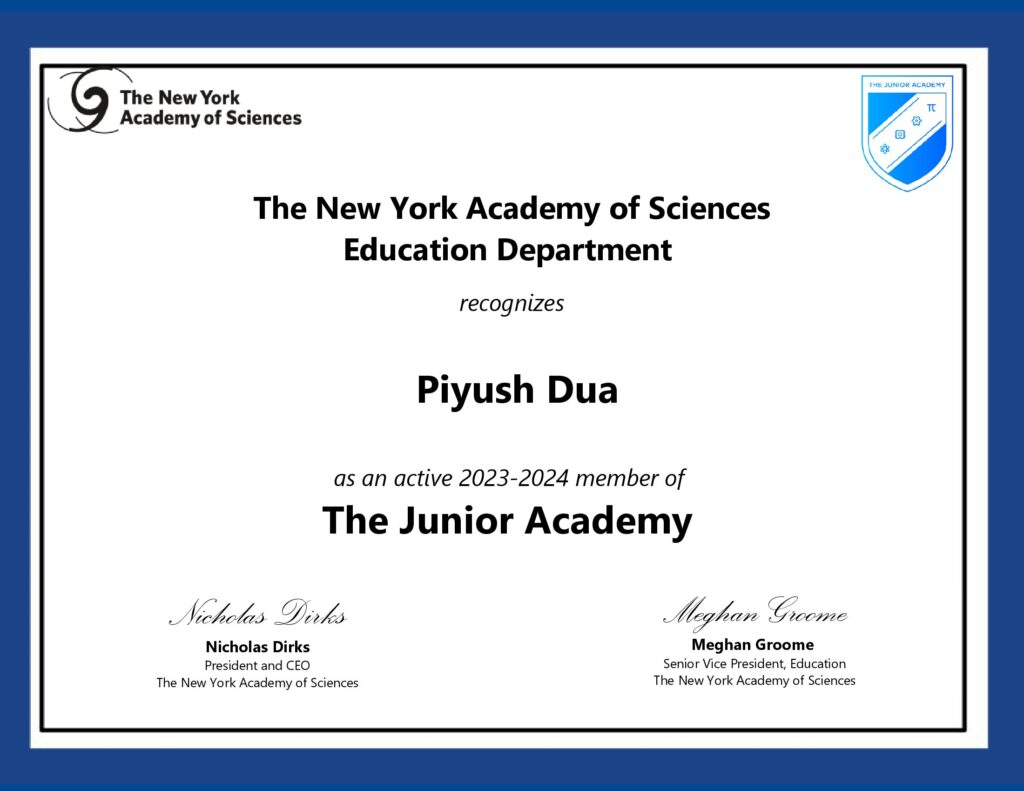PROJECTS
Gear Bytez
Developed this dynamic platform, that unites automotive and tech enthusiasts to explore cutting-edge developments and trends, fosters a vibrant community for discussions, expert insights, and project showcases.Hosting tech and automotive events (2023)
GearBytes is a dynamic initiative led by high school students passionate about automotive technology. We aim to create a vibrant social media-like community , uniting young automotive and tech enthusiasts, innovators, and aspiring entrepreneurs. As high-school students , we discovered the scarcity of first-hand sources available to us as well as the right mentorship for our young yet enthusiastic minds. This fueled a spark in us and we sought out to make a difference , and build a platform where aficionados like us can find our bliss At GearBytes, we empower the next generation of automotive and tech leaders by providing essential resources and fostering collaboration. We aspire to become the premier hub for automobile and technology shenanigans, where passion converges with innovation.
Website Link : http://gearbytez.com
Instagram : https://www.instagram.com/gear.bytes?utm_source=ig_web_button_share_sheet&igsh=ZDNlZDc0MzIxNw==
RESEARCH
ARTIFICIAL INTELLIGENCE IN PHYSICS: PREDICTING PHYSICAL PHENOMENA WITH MACHINE LEARNING
Artificial Intelligence (AI) has revolutionized the field of physics by providing a new paradigm for understanding and analyzing complex physical phenomena. Machine learning, a subset of AI, has emerged as a powerful tool for predicting and explaining physical phenomena, enabling physicists to uncover new insights and make accurate predictions about the behavior of matter and energy. In recent years, machine learning has been successfully applied to a wide range of problems in physics, from particle physics to condensed matter physics, and from cosmology to biophysics
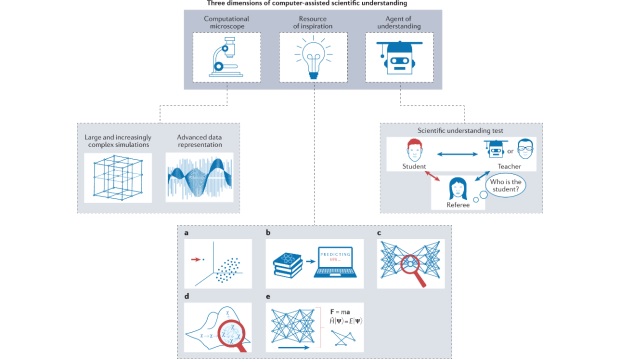
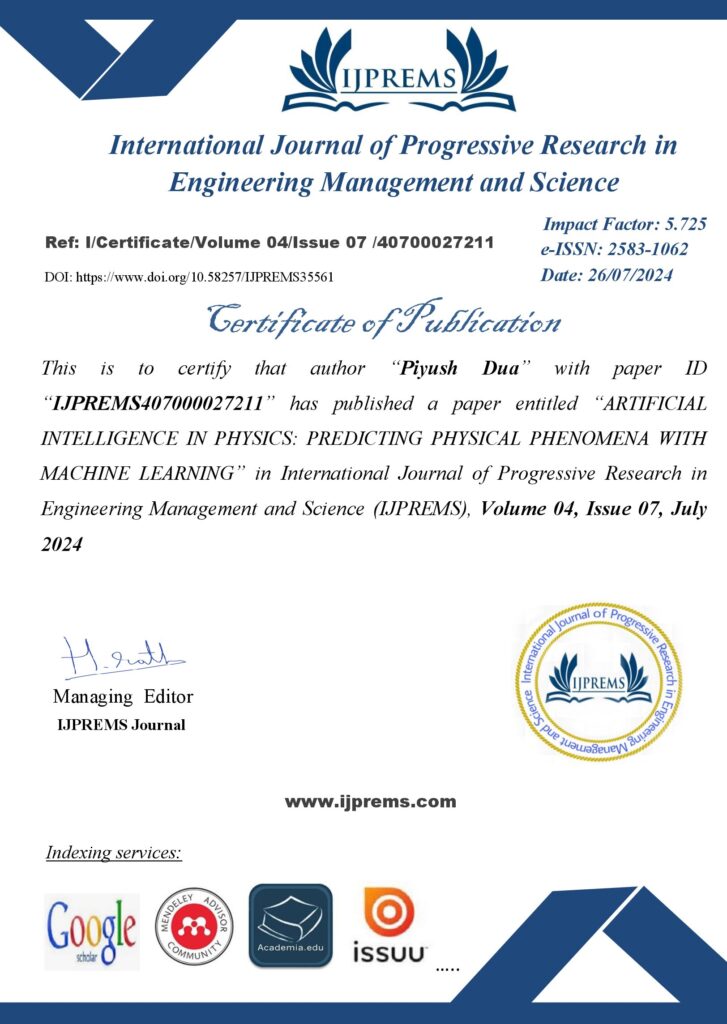
One of the most significant applications of machine learning in physics is in the analysis of large datasets generated by particle colliders, such as the Large Hadron Collider (LHC). The LHC produces vast amounts of data, which are used to study the properties of subatomic particles and their interactions. Machine learning algorithms can be trained on these datasets to identify patterns and relationships between different variables, allowing physicists to make more accurate predictions about the behavior of particles and interactions
DOI: https://www.ijprems.com/uploadedfiles/paper//issue_7_july_2024/35561/final/fin_ijprems1722021901.pdf

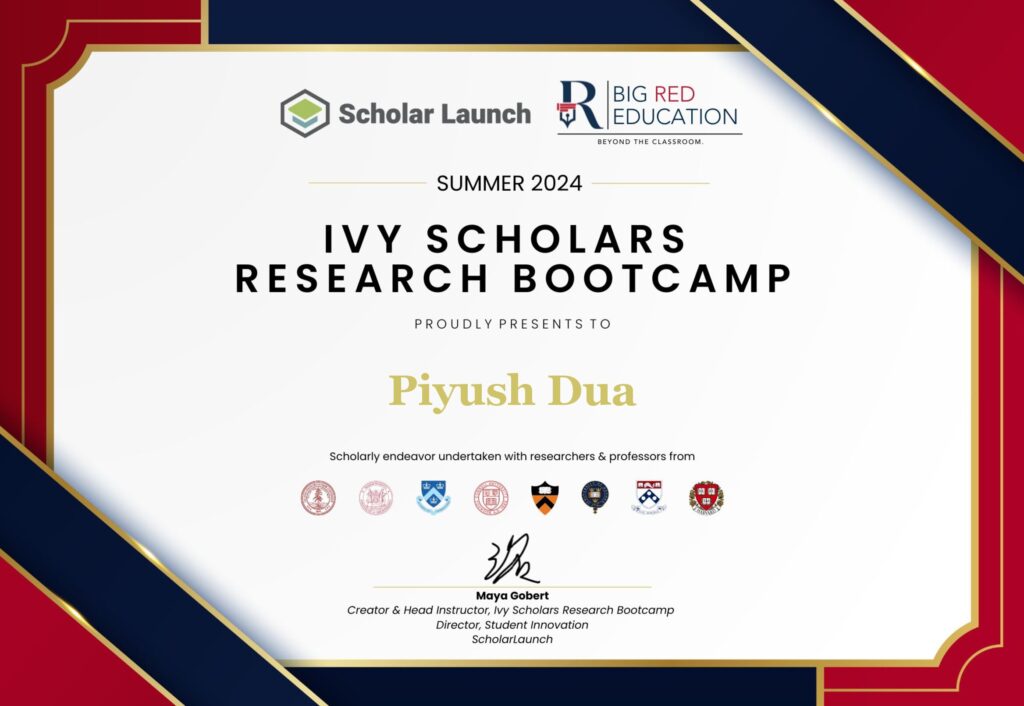
Enhancing Data Privacy in Federated Learning Using Artificial Intelligence
This paper addresses privacy concerns in Federated Learning (FL) by proposing AI-driven optimizations for differential privacy, homomorphic encryption, and secure multiparty computation. The research demonstrates the effectiveness of these methods in enhancing data protection while maintaining model performance. Empirical studies show a significant reduction in computational overhead and improved privacy metrics, making the proposed techniques suitable for real-world applications.
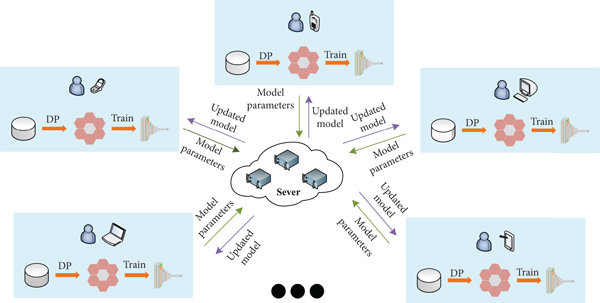
New York Academy of Sciences (NYAS) - Junior Academy
Participated in the NYAS fall program on AI integration in education, leading Team Cognix to research and report on enhancing learning with AI. Developed leadership, teamwork, and research skills during the program . Accessed workshops, seminars, and networking events through NYAS membership, expanding knowledge in STEM fields. Gained insights into cutting-edge research and technology applications, shaping scientific aspirations and problem-solving abilities (2023).


